
Case Study: Jellyfish Sting in Paradise
You and your friend are enjoying some early morning sunshine and perfect waves while surfing on the Pacific Ocean. While waiting for the next break, ...


You and your friend are enjoying some early morning sunshine and perfect waves while surfing on the Pacific Ocean. While waiting for the next break, ...

While climbing in Greece with a friend, you witness another climber takes a fall. She swings hard, feet first, into the wall. The rope stops her, but ...

You witness someone fall from a horse; they are unresponsive. How do you use your Wilderness Medicine skills in this situation?

After a strenuous hike, you and your team find a tent just off the trail at 11,300 ft. You call out, “Hello, is anyone in the tent? This is search ...
Editor’s Note: This case study was updated in 2024.
You are on a Search and Rescue (SAR) team of Wilderness First Responders (WFR) hiking the rugged Bear’s Ears Trail into the Wind River Range looking into a vague report of a “very sick person” camped “near the trail near tree line”. The report came in at midnight. Your team’s role is to sweep this trail in the dark in the hopes of finding out exactly what is going on. A second group is gathering to hike up the trail later in support.




Test your wilderness medicine skills to see how you would respond to this first-aid scenario.

Your hiking partner slips on a snowy slope and slides head-first into a tree. What do you do next?

On a paddling trip in Big Bend National Park, a participant starts having leg spasms. What do you do?

A student gets a hot water burn deep in the backcountry. What do you do?

See what you would do to respond to and treat a possible snakebite.

A climber collapses at the crag. What do you do next?

What would you do to help a patient with hypothermia while winter camping?

To reduce the strain on local health care facilities during a global crisis, you can step up and use your first aid training to treat some injuries ...

Test your knowledge with this case study about a patient with an ankle injury on a backcountry hunt.

Test your knowledge with this case study about a patient having breathing difficulty in a remote mountain setting

This case study focuses on how responders must be creative and thoughtful to adapt plans as they care for patients on a wilderness—not city—timeframe.
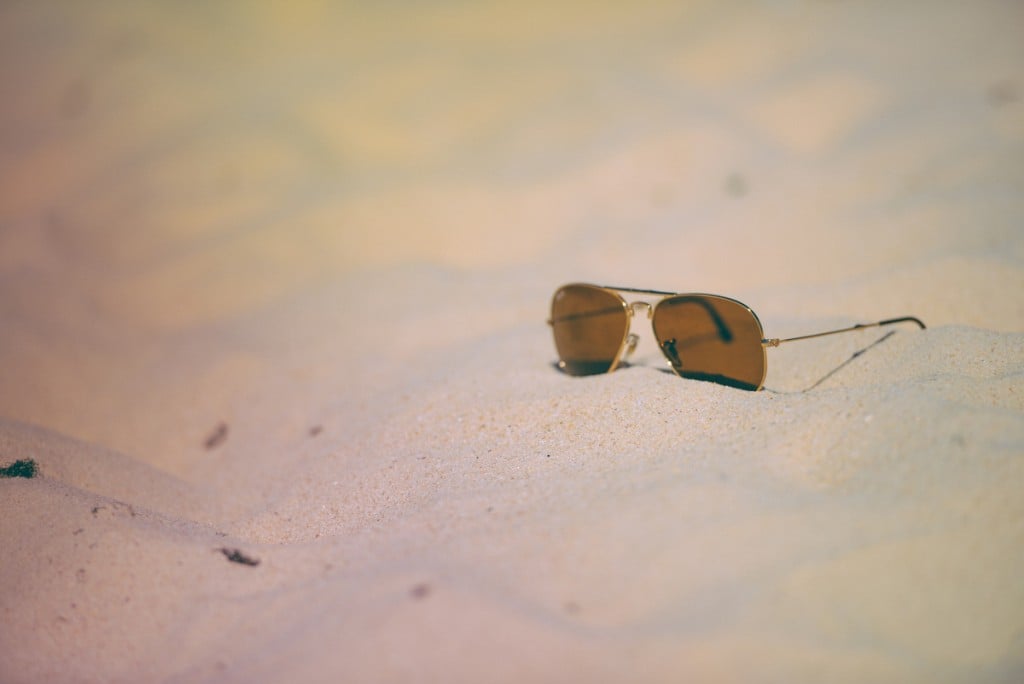
It’s important to be aware of the different types of heat illness, and their treatment principles, should an emergency arise—take a look at them in ...

Summer means it’s time to grab your fishing gear and head outside. But have you checked the forecast—and do you know how to manage risk from a ...

At 6:30 in the morning some of your participants come and tell you that their tentmate is complaining of abdominal pain. As the WFR-trained course ...

Five days into sea kayaking with friends in Prince William Sound, Alaska you feel lousy; some diarrhea, some vague abdominal cramping, not much ...

You and a friend are on a long run in the foothills of the Laramie Range in Wyoming. It’s a hot day. Four hours into the run your companion stumbles, ...

A trip participant has trouble on a rappel. When they are safely on the ground, you begin your patient assessment. Test your wilderness medicine ...

When we travel into the backcountry with someone who has diabetes, it’s important to be aware of the signs and symptoms of hypoglycemia and ...

When symptoms are hard to define, the skills of decision-making and problem solving become more important. Test what you know in this case study!

Do you know how to prevent, recognize, and treat a non-freezing cold injury (NFCI)? Test your wilderness medicine skills with this case study.

Knowing the SOAP note steps can help communicate accurate information to providers, which is especially useful now that more providers prefer a phone ...

To reduce the strain on local health care facilities during a global crisis, you can step up and use your first aid training to treat some injuries ...

Do you know the proper protocols for a patient with a suspected spine injury?

To reduce the strain on local health care facilities during a global crisis, you can step up and use your first aid training to treat some injuries ...

See why a former camp counselor thinks all camp staff should have wilderness medicine trainings!

Take this Wilderness First Aid quiz to test your knowledge about basic WFA skills.

NOLS grad Kimberly Blazzard unexpectedly put her wilderness medicine skills into practice on a solo trip on the Appalachian Trail.

Do you know how to test an ankle injury for usability?

Even if you’ve never fly-fished, NOLS Wilderness Medicine has advice to prepare you for the hobby’s common risks, especially in the early season.

Do you know how to prevent, recognize, and treat a non-freezing cold injury (NFCI)? Test your wilderness medicine skills with this case study.

NOLS Wilderness First Responder trainings aren't just for outdoor enthusiasts—they're also great prep for humanitarian work in disaster zones.

Audrey Goral took a NOLS WFA thinking she would only use the skills for a sprained ankle. She never expected to use the skills on her twin in an ...

The horror movies turned out to be real—it's time to adapt your wilderness medicine skills to survive zombies!

This case study tests how well you can adapt when your patient has a potential life threat.

On a NOLS expedition, Jack Johnson fell in love with wilderness medicine. Read about his journey from a 14-year-old backpacker to a Wilderness EMT!
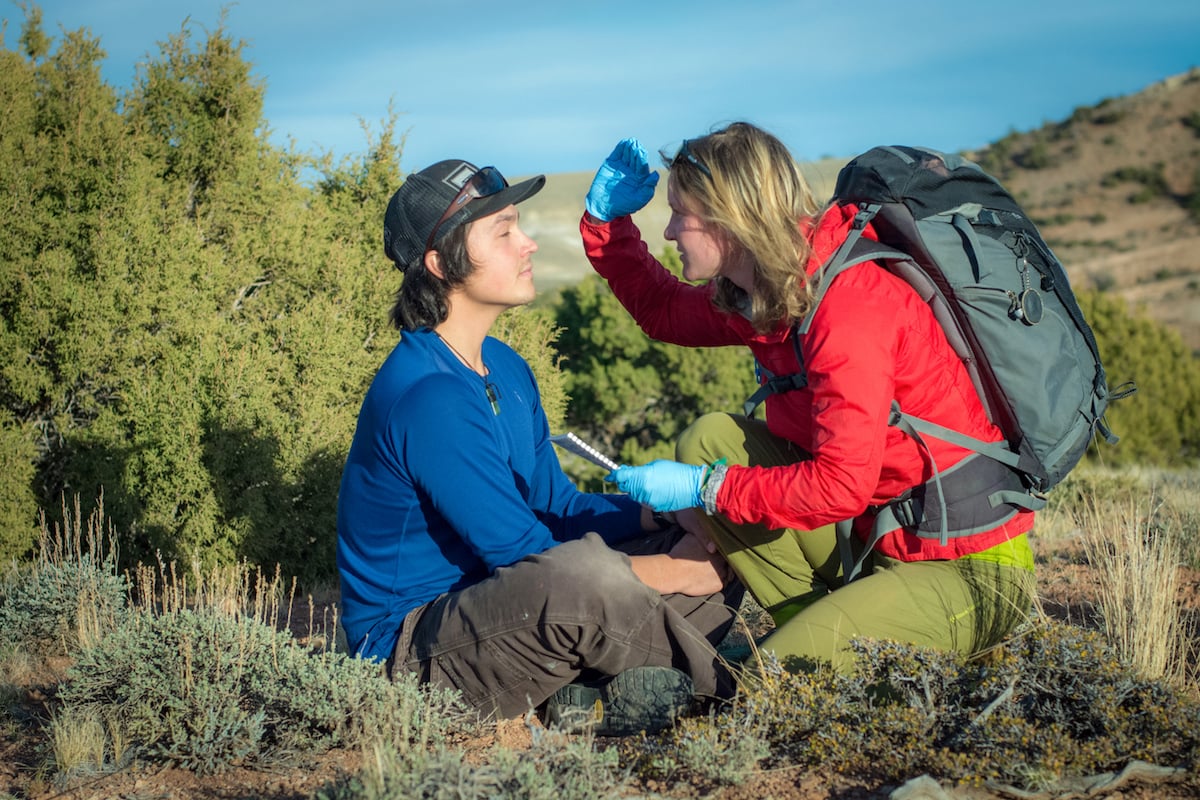
Always start with the first 5 steps of the scene size-up when responding to an emergency.
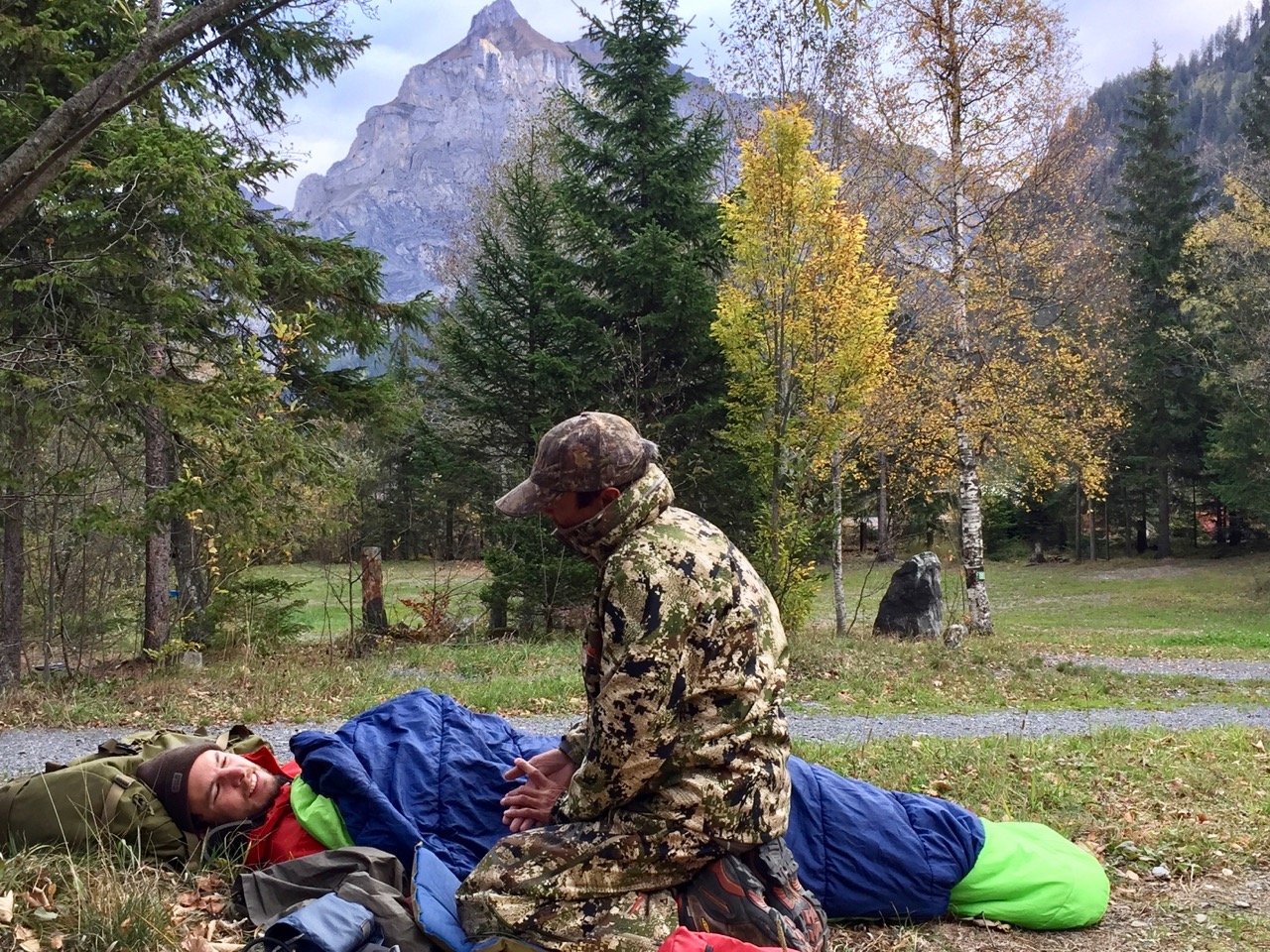
You've spotted a fallen hiker on the trail: thinking back to your NOLS Wilderness Medicine course, do you remember how to perform an initial ...

This case study tests how well you can adapt when you're responsible for not just one patient, but an entire group.

Test your wilderness medicine knowledge with this case study about a patient with flu-like symptoms that may be related to a tick-borne illness.

NOLS grad Eric Johnson unveils the mystery of a Wilderness First Responder certification: earning your 'Woofer' makes you a #lowkeysuperhero.

You're a first responder helping a patient who was bucked off their horse. The assessment might reveal something more troubling than what meets the ...

Do you enjoy recreating outdoors? Here are the top 7 reasons why you should consider to taking a NOLS Wilderness First Aid course.

Test your knowledge about caring for patients who may have head injuries with this wilderness medicine case study.

So many abbreviations, so little time! Take a look at these need-to-know acronyms for wilderness medicine.

Test your knowledge with a case study based on a real event in the '80s where Wilderness First Responders aided a hiker suffering from weakness and ...

The patient commented that their toes have been cold and numb all day, but thought they could get by until getting into their sleeping bag. Read the ...

As 2018 wraps up, our team gathered this year’s most popular wilderness medicine topics from the NOLS Blog.

NOLS instructor Jake Blackwelder tells the story of a rescue on a rock climbing route in Moab, Utah.

One NOLS graduate uses her Wilderness First Responder skills to help a surfer in need.

The patient is a 30-year-old complaining of fatigue, dizziness, and a headache—how will you respond? Test your knowledge with this case study.

Sprains and strains are some of the most common injuries you'll encounter in the outdoors. Are you prepared to recognize and treat them?

When gender or sex is relevant to treating a patient, it's important to communicate respectfully and not make assumptions.

You find a hiker who you think might be suffering from altitude illness - after introducing yourselves, and with the patient's permission, you and ...

Take this wilderness medicine quiz to find out what you really know about the symptoms and treatment for altitude illness.

Read our tested strategies for handling the first aid hazards you’re most likely to see when you go fishing in lakes, rivers, streams, or the ocean.

How much do you really know about heat illness and dehydration? Test your skills with this first aid quiz from NOLS Wilderness Medicine.

How do you make decisions about evacuating a patient from the wilderness?

Don't believe everything you see in the movies! Get the real scoop on common myths about treating snakebites from NOLS Wilderness Medicine.

The term shock gets tossed around frequently, but what does it actually refer to in medical terms and how should you respond?

Do you know how to recognize and treat bites from fire ants, scorpions, snakes, spiders, and ticks? Test you knowledge with this quiz.

Review the steps of the head-to-toe exam with this NOLS Wilderness First Aid grad's hand-drawn diagram.

Test whether you know what to do in this case study of a storm brewing and a nearby lightning strike.

If you're camping and someone gets burned, do you know how to help? Test your first aid skills with this wilderness medicine quiz.

You never know when your first aid training might come in handy—you might even wind up using your skills to treat your pet!

Getting caught by a fishhook isn't fun, but it doesn't necessarily mean the end of your fishing trip—if you have the appropriate first-aid skills.

Test what you know about providing first aid for ears, eyes, nose, and teeth when you're in the wilderness.

Lynn Hill is famous for her legendary free climb of the Nose on El Capitan. What you might not know is that she's a NOLS Wilderness First Responder ...

Do you know how to recognize and treat a patient having an allergic reaction? Take this quiz to find out.

Here are the top six reasons why one NOLS Wilderness Medicine grad recommends taking a Wilderness EMT course.

Test how you would respond to possible frostbite with this wilderness medicine case study.

Check out the top 9 wilderness medicine jobs you can score with a wilderness medicine certification.

Do you know how to help with first aid for winter injuries and illnesses?

Knowing how to identify and manage pediatric medical issues can help your family have a fun adventure in the backcountry.

We found ourselves in a boat pulling away from the only dry land we could see. It looked like a normal city neighborhood had been built in the middle ...
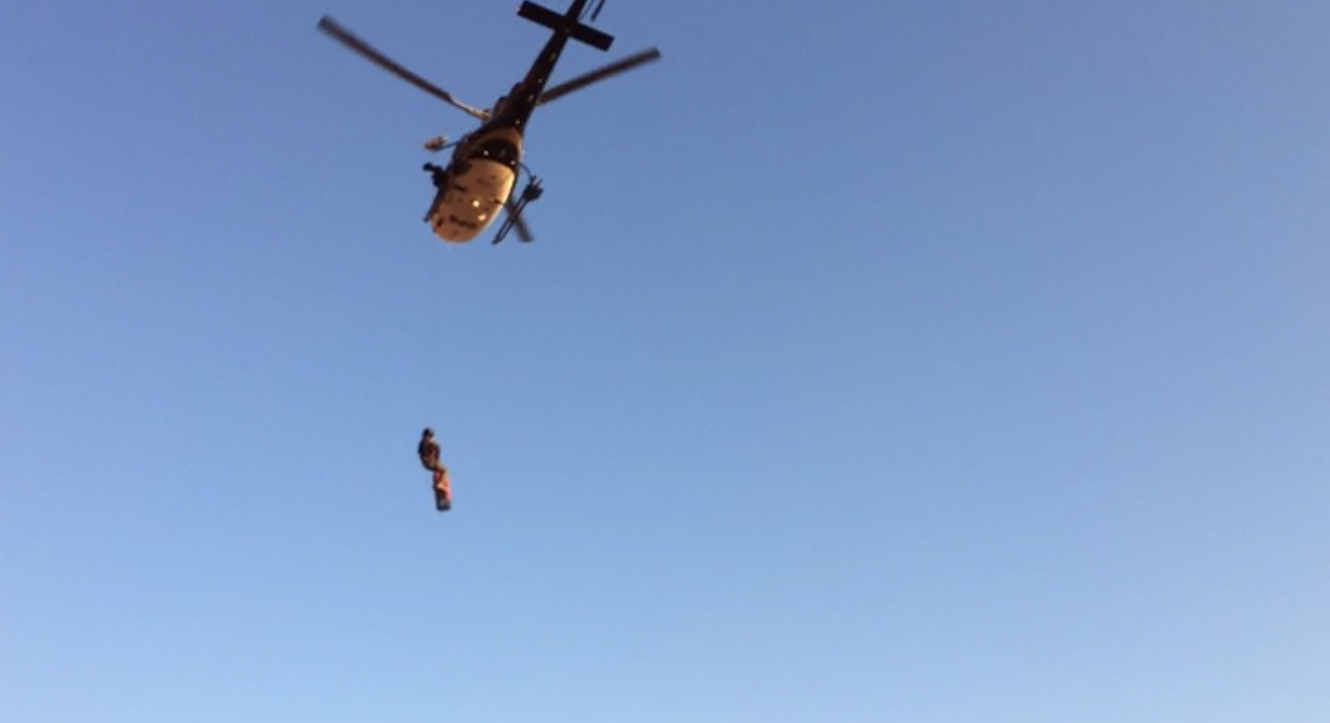
You are a member of your community’s Search and Rescue team. You and an EMS team are responding to the scene of a BASE-jumping accident…

Revamp your first aid kit before a trip with these five tips.

Surgeon Katy Trahan levels up her medical training on a Wilderness Upgrade for Medical Professionals course with NOLS.

In 2017, NOLS finally taught its first course in the nation's smallest state: a Wilderness First Aid course on Rhode Island's Save the Bay campus.

NOLS Wilderness Medicine instructor discusses the mental challenges of emergency medicine and raises awareness of PTSD for first responders.

Wilderness First Responders need to know how to treat physical wounds. But it's also important to keep a patient's mental health in mind.

Here's some key advice from NOLSies to help ward off small illnesses and injuries that could lead to a more serious medical situation.

Check out these blog posts to get a refresher on key first aid topics before heading out on your next outdoor trip.

A NOLS Wilderness First Aid grad shares the story of how his first aid training helped him when a friend was injured in a mountain biking accident.

Get recommendations from NOLS Wilderness Medicine on how to deal with colds and flu-like symptoms in the backcountry.

Two parents tell the story of their family's worst day—and the happy ending that came as a result of being prepared.

A WFR graduate recalls responding to a hypothermic patient while stuck in a hut in Norway's mountains.

3 days into guiding a 9-day trip on the Olympic Peninsula, my colleagues and I noticed that a 65 year old client was showing more fatigue than we ...

When it comes to rafting down rivers, especially on multi-day adventures, we can usually go ahead and build our own comprehensive first aid kit.

Longtime instructor shares stories from the most diverse NOLS Wilderness Medicine course she has ever taught.

An incident commander reviews a complex cave rescue

Take charge of your adventures, your safety, and your life—take a course. Preferably, before you crack your tailbone snowboarding or have a close ...

A bear encounter leaves you with some first aid to perform, including confirming scene safety and caring for your patient.
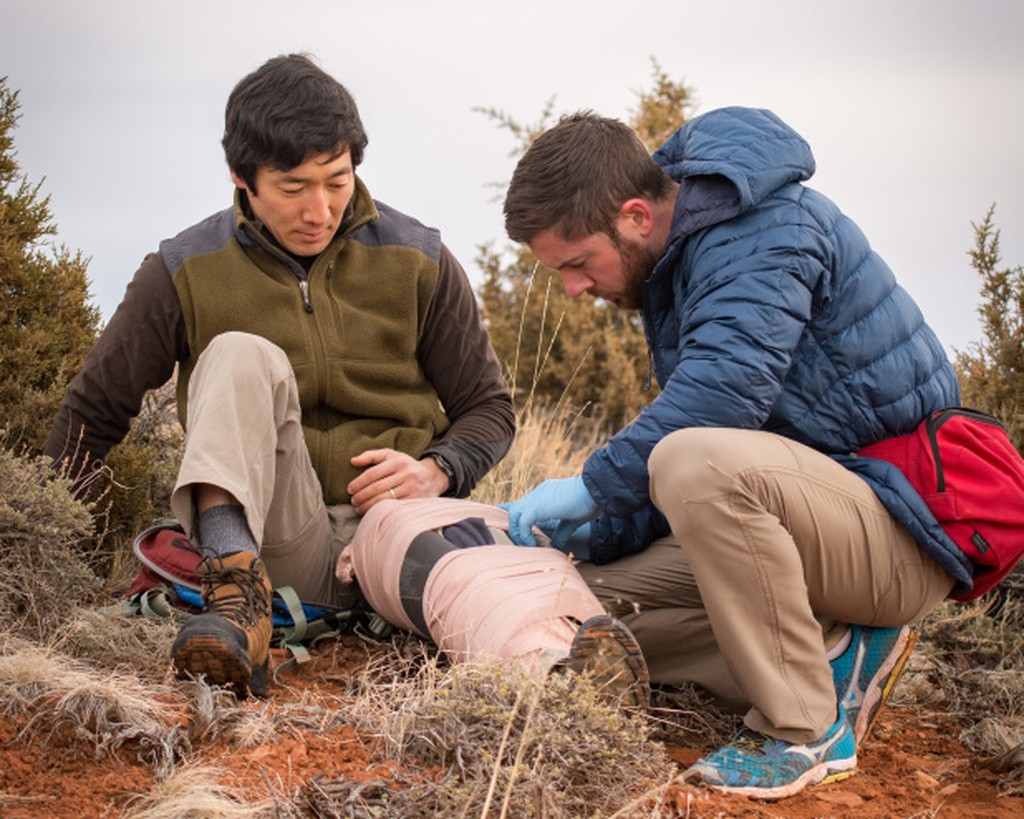
An important part of managing emergencies in the backcountry is coming up with first aid solutions using the supplies you have on hand, and this ...

There’s no such thing as the perfect first aid kit, so you should consider your needs and build a kit that meets them.

Self-care, any action or behavior that helps us avoid triggering health problems, is totally necessary but often goes ignored.

How to assess and treat a burn in the backcountry